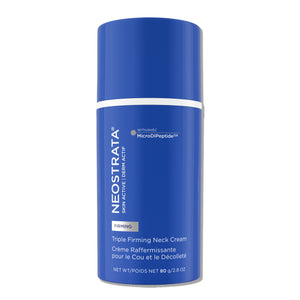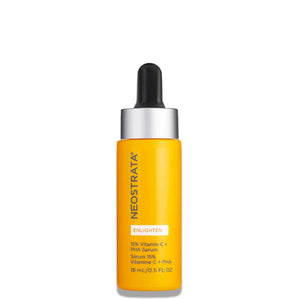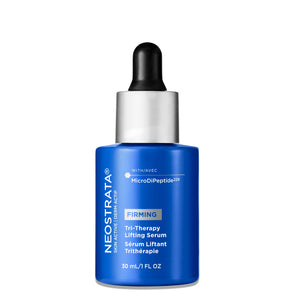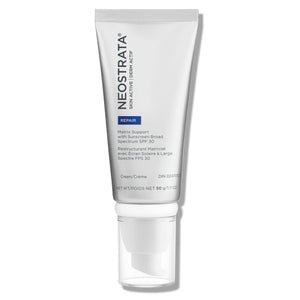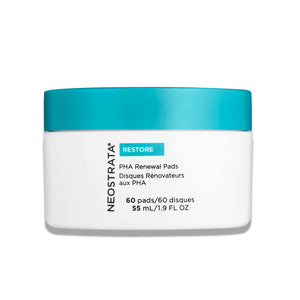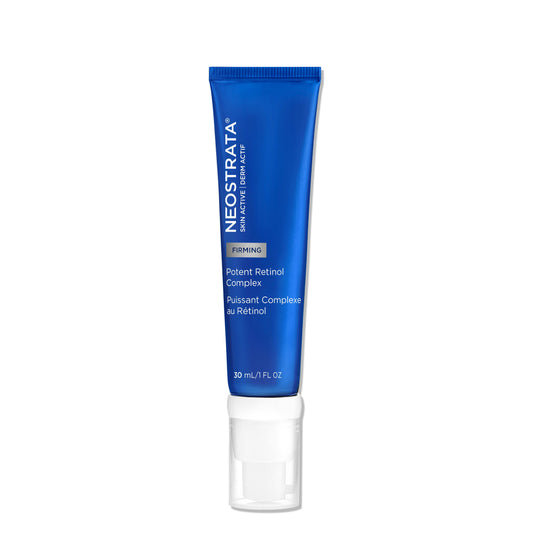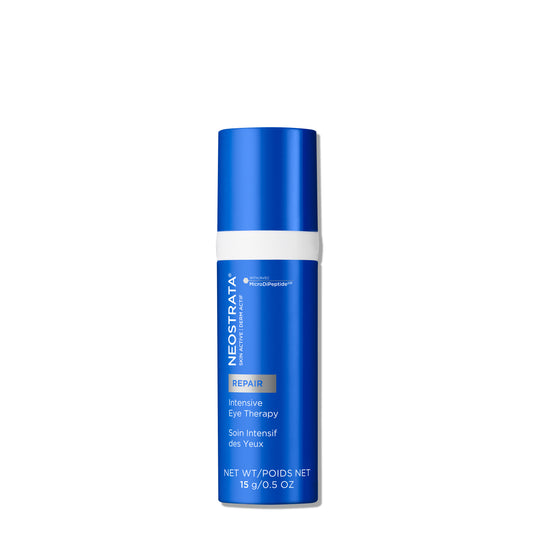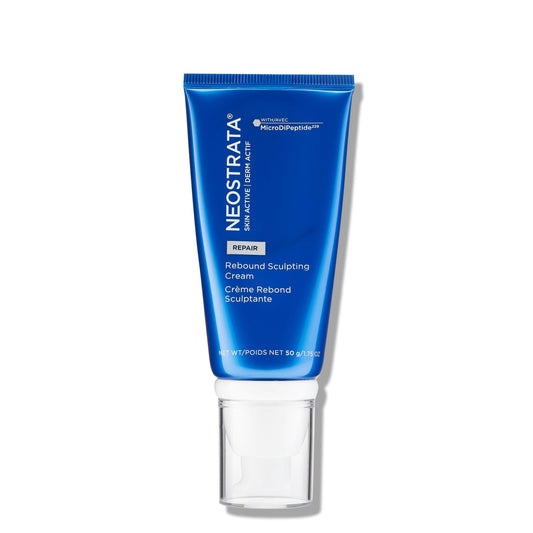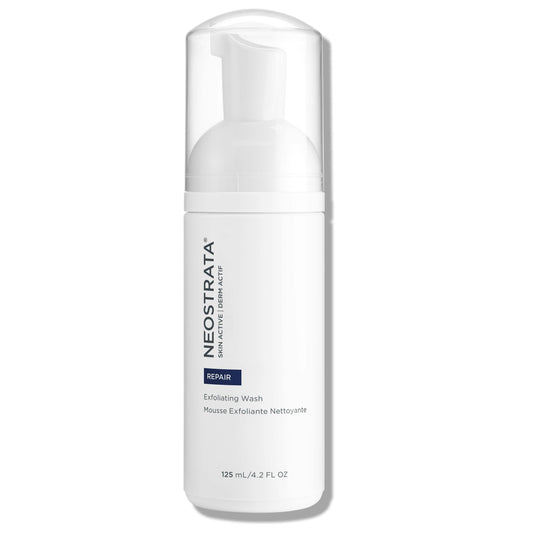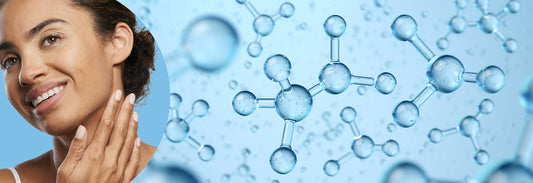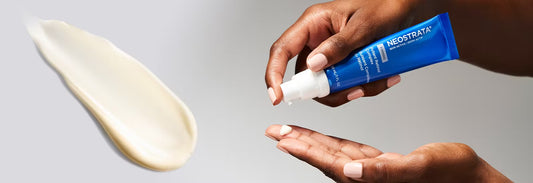Vitamin C is a potent antioxidant and brightening ingredient with multiple skincare benefits that you may be curious about. Get the glow-down on this antioxidant heavy-hitter and how to add Vitamin C to your skincare routine.
What is Vitamin C and What Can It Do for Your Skin?
Pure Vitamin C (L-ascorbic Acid) is a water-soluble vitamin that is naturally present in human skin. This powerhouse ingredient is present in skincare products in a variety of forms such as L-Ascorbic Acid (pure Vitamin C), Ascorbyl Glucoside, Tetrahexyldecyl Ascorbate and more.
Vitamin C can be part of any step in a skincare regimen and is popular in cleansers, serums and moisturizers, as well as in professional aesthetic treatments.
Vitamin C benefits for skin include helping to prevent and improve the appearance of UV-induced photodamage, reducing the look of skin discoloration and wrinkles and protecting against environmental aggressors. Learn more about Vitamin C Benefits for skin.
Vitamin C serums are a popular skincare choice for those seeking brighter, more radiant skin and NEOSTRATA® receives a lot of questions about how to add Vitamin C serum into a skincare routine.
How To Use Vitamin C Serum
Proper application can help you get the most out of your Vitamin C serum. Start your regimen with a thorough cleanse of your skin. You may opt to follow with a toner as a prep step to further ready your skin for the benefits of your Vitamin C serum. Next, apply your Vitamin C serum to cleansed skin and allow to absorb before finishing with a moisturizer. Don’t forget an SPF if you are wearing a Vitamin C serum during the daytime, and even in winter months or on cloudy days!
When and How Often to Use a Vitamin C Serum
Vitamin C is a fantastic multi-tasking ingredient that can benefit any regimen. So, when can you use a Vitamin C serum? The answer can vary by product, but Vitamin C is an ingredient shown to be beneficial when used up to twice daily.
15% Vitamin C + PHA Serum is a highly effective once daily serum that you apply in the morning. Think of it as your daytime antioxidant shield to help protect against environmental aggressors like UV and pollution that can lead to skin discoloration and visible signs of aging.
In fact, in a clinical study with 15% Vitamin C + PHA Serum, 98% of study subjects saw brighter, more radiant skin in just 1 week.
For a complete twice daily regimen, Illuminating Serum and Pigment Controller are the perfect day and night combination. This highly effective duo of serum and face cream are designed to target discoloration and noticeable dark spots, for a more even and luminous complexion.
If you’re looking to maximize your skin’s glow factor, Vitamin C is an ingredient that can help you achieve your skincare goals. Learn more about Vitamin C products and our entire Enlighten collection.
